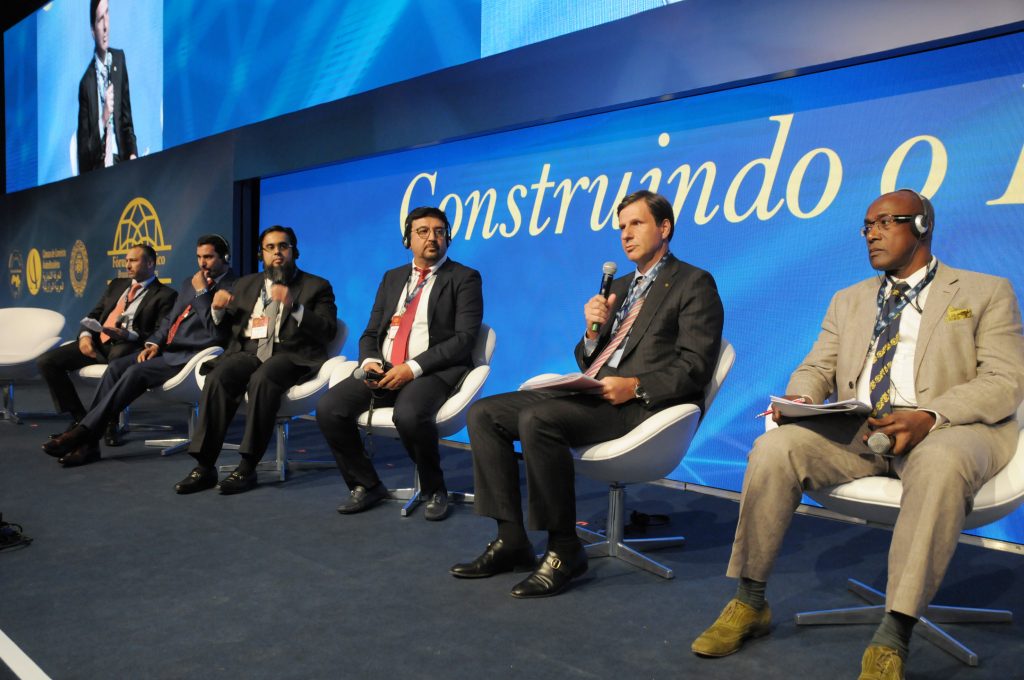São Paulo – Brazil’s tourism potential to welcome Muslim travelers could be better explored – and the investments needed would not be unreasonably high. According to Ibrahim Abu-Helil, a tourism consultant in Jordan, some simple adaptations would accredit hotels and attractions to host Muslims, which is already been done in other destinations.
“Brazil wasted too much time, but there’s still an opportunity to take part in the halal tourism market,” said the consultant during the panel halal at the Brazil-Arab Countries Economic Forum, organized by the Arab Brazilian Chamber of Commerce on Monday (02) at Hotel Unique in São Paulo. He stated that halal tourism generated USD 192 billion last year across the world and should generate USD 233 billion in 2020.
He said that small adaptations, such as the supply of rugs for prayer, the schedule of specific times for the use of the swimming pool for Muslims and staff training would help to accredit the tourist accommodation establishment as halal. “In Japan, for instance, the government offered incentives [to boost halal tourism],” recalled the consultant, mentioning the Asian country as an example of investments made to welcome Muslim tourists.
The panel’s speakers remarked that halal is not a product or service, but a lifestyle. The Arab Chamber’s director Mohamad Orra Mourad said that the halal economy, including food products, cosmetics, apparel, Islamic finance and tourism, generates USD 2 trillion per year in a market of 1.6 billion consumers.
“Everything we do, eat, relies on halal,” said Mohamed Saleh Badri, secretary-general of the International Halal Accreditation Forum (IHAF), the organization that seeks to standardize halal to the 57 Muslim-majority nations. “The value of halal consumption will reach USD 5 trillion in a few years.”
Abdur Ghulam Nabi, an adviser for the Dubai Airport Freezone Authority (DAFZA), pointed out the importance that halal has been gaining within multinational companies and renowned brands. “They want to take part in the halal culture.”
To IHAF’s Badri, those that sees halal as part of the religion is mistaken. He said that there are even those consumers that don’t follow Islam but consume halal products for the safety offered, the respect for human beings in its manufacturing process and the product’s quality.
Agreement
Before the panel, Ted Lago, president of the Port of Itaqui, and the vice president and minister of the Suez Canal Economic Zone, Admiral Abd El Kader Darwish, signed a cooperation agreement between the two business ventures. The Arab Chamber’s president, Rubens Hannun, attended the meeting.
Translated by Sérgio Kakitani




